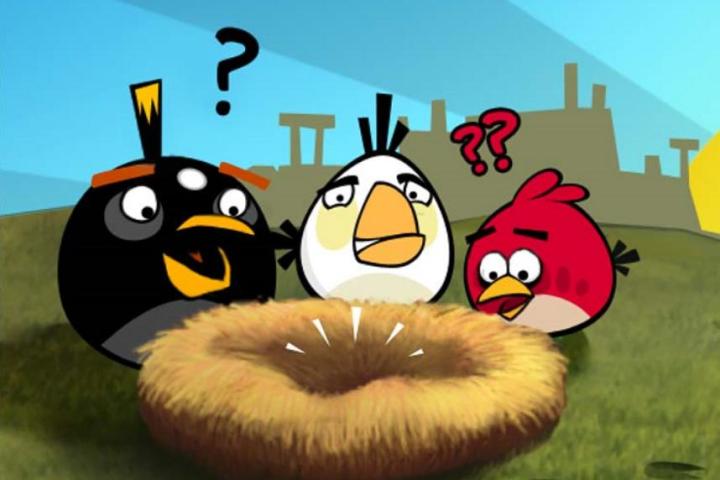
Rovio, the Finnish startup that scored a massive hit with the franchise, has experienced slowing growth recently after getting ahead of itself with expansion. In a bid to steady the ship, CEO Mikael Hed says the company has no choice but to restructure with the aim of creating “a simplified organization.”
Up to 130 jobs look set to go, equal to 16 percent of Rovio’s workforce.
“It is never easy to consider changes like this, but it is better to do them sooner rather than later, when we are in a good place to reignite growth,” Hed wrote Thursday in a post on the company’s blog.
The Rovio boss said the company had been expanding “on assumptions of faster growth than have materialized,” explaining that in an effort to get things back on track it’s decided to focus on three key businesses that it believes have the highest growth potential: games, media, and consumer products. To many, however, this might sound like everything it already does, so its new business plan will likely only reveal itself as it unfolds in the coming months.
Big success
The first Angry Birds game catapulted into the iOS app store in late 2009, quickly gaining the kind of popularity that most app developers can only dream of.
With at least nine Angry Birds follow-up games, along with several spin-offs, the cross-platform apps have been downloaded to mobile devices billions of times. The astonishing success of the games led to Rovio working on a related TV show and even a movie, and also saw the launch of a range of merchandise that includes toys, books, and soft drinks.
However, with more than 60 million Angry Birds players turning their back on the game in the last two years, and financial pressures that saw profits fall to €26.9 million ($34m) in 2013 from €55.5m ($70.2m) a year earlier, Rovio has been forced to rethink its strategy.


